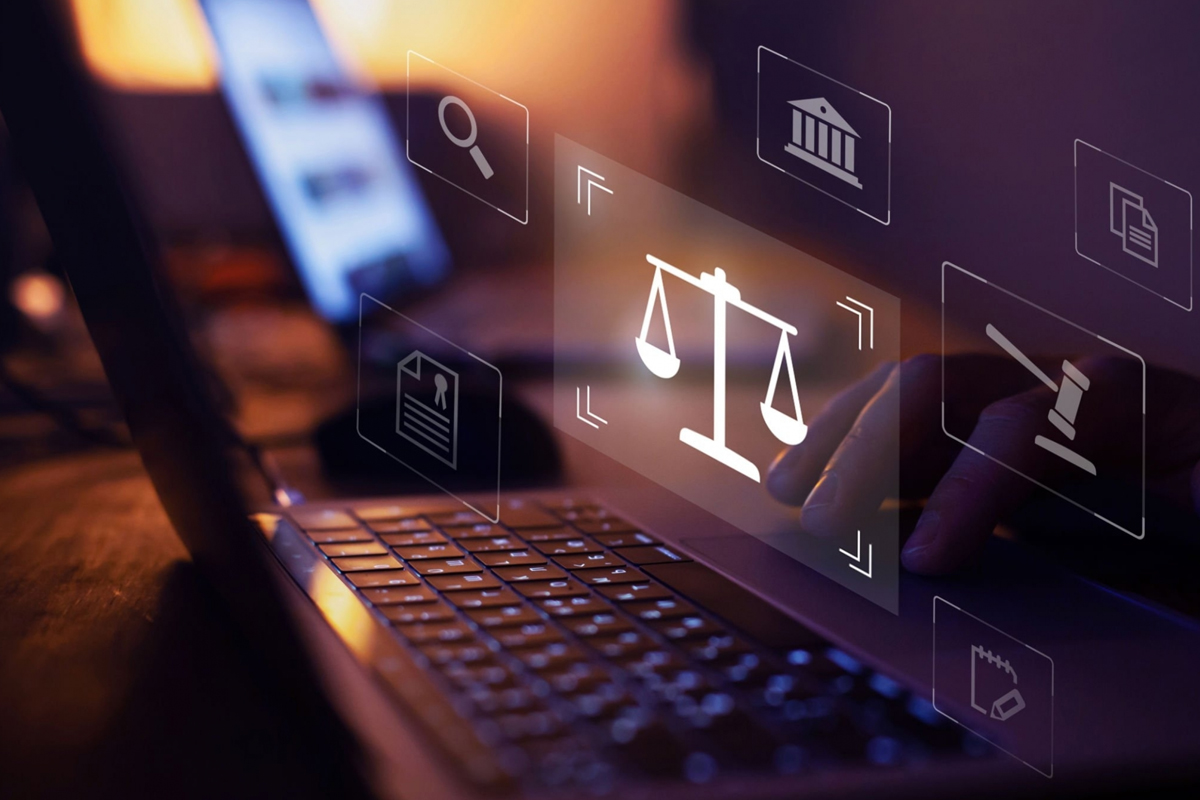What are Information Crimes?
Cybercrime refers to illegal activities that can be committed electronically and target information systems. These crimes can threaten the sensitive data of individuals, organizations and governments and are subject to legal sanctions. Cybercrime includes fraud, data theft, identity fraud, malware proliferation, and unauthorized compromise of systems, usually over the internet.
With the development of technology and the spread of the internet to all areas of life, cybercrimes have also increased. Today, the fact that almost everyone is online and personal and corporate information circulates in the digital world creates new opportunities for cyber criminals. Therefore, it is of great importance for both individuals and organizations to be aware of cyber security.
Legal Basis of Information Crimes
Information crimes are regulated under Articles 243-246 of the Criminal Code of the Republic of Turkey (TCK). These articles cover acts such as unlawfully entering the information system, changing or destroying data in the system. In addition, crimes such as fraud, forgery and unlawful seizure of personal data committed through informatics are also subject to criminal sanctions.
Law No. 5651 on the Regulation of Publications on the Internet and Combating Crimes that may be Committed through These Publications also contains important regulations on cybercrimes. This law creates a legal basis for preventing crimes that may be committed on the internet and identifying perpetrators. This law is especially important in combating crimes committed through social media platforms and digital communication tools.
Common Cybercrimes
Cybercrime can take many different forms. Among the most common cybercrimes are the following:
- Phishing: A way for fraudsters to obtain personal information through fake emails or websites. It is an attack to trick users into compromising sensitive data such as bank account details or passwords.
- Data Theft: The unauthorized capture and misuse of personal or corporate data. Cybercriminals often offer this information for sale on the black market or use it fraudulently.
- Password Cracking: Hackers gain access to systems by cracking the passwords of individuals or companies. This is usually accomplished through social engineering techniques or malware.
- Malware: Malicious software that infects computers or other digital devices to steal data and corrupt systems. Viruses, worms, trojans and ransomware fall into this category.
- Social Engineering: A type of attack aimed at tricking individuals into sharing sensitive information. This type of attack is usually carried out through phone calls or fake customer service numbers.
Such crimes can result in financial losses to individuals and organizations, the theft of confidential information or unauthorized access. Law enforcement actions are intended to prevent such activities and protect the rights of victims.
Precautions Against Cybercrime
There are a number of measures that individuals and organizations can take against cybercrime. These include the following:
- Using Strong Passwords: One of the most basic ways to increase information security is to use complex and strong passwords. It is recommended that passwords contain uppercase letters, lowercase letters, numbers and special characters.
- Use Two-Factor Authentication: Two-factor authentication systems should be used, especially on platforms with sensitive information such as email and bank accounts.
- Use Updated Antivirus Software: It is important to use up-to-date antivirus and security software to detect malware and protect systems.
- Not Clicking on Suspicious Links: Avoid clicking on suspicious links transmitted via emails or messages from unknown persons.
- Backing Up Data Regularly: Data needs to be backed up regularly to prevent data loss due to cyber attacks or hardware failures.
- Receiving Awareness Trainings: Raising cyber security awareness of both individuals and corporate employees plays an important role in protecting against attacks.
What Should You Do If You Face Cybercrime?
Individuals or institutions that are victims of cybercrime should initiate the legal process by applying to the competent authorities. The main competent authorities in Turkey that fight against cybercrime are as follows:
- General Directorate of Security, Department of Combating Cyber Crimes: Evaluates complaints about cybercrimes and takes necessary actions.
- Prosecutor’s Offices: Prosecutors’ offices can be contacted directly to initiate legal proceedings related to cybercrimes.
- BTK (Information and Communication Technologies Authority): Operates to prevent cybercrime and ensure internet security.
It is also important to consult a specialized lawyer in the fight against cybercrime. Lawyers specializing in IT law can help victims defend their rights and ensure that the necessary legal steps are taken.
Cybercrime is becoming an increasing threat in the modern world. As technological developments accelerate, cybercrimes are becoming more sophisticated and diversified. Therefore, it is of great importance for individuals and organizations to take conscious steps towards information security.
Legal regulations, security measures and awareness trainings play a critical role in the fight against cybercrime. To protect your personal and corporate data, you should increase security measures and seek legal support when necessary. Remember, cyber security measures are not only an individual responsibility, but also a social necessity.




